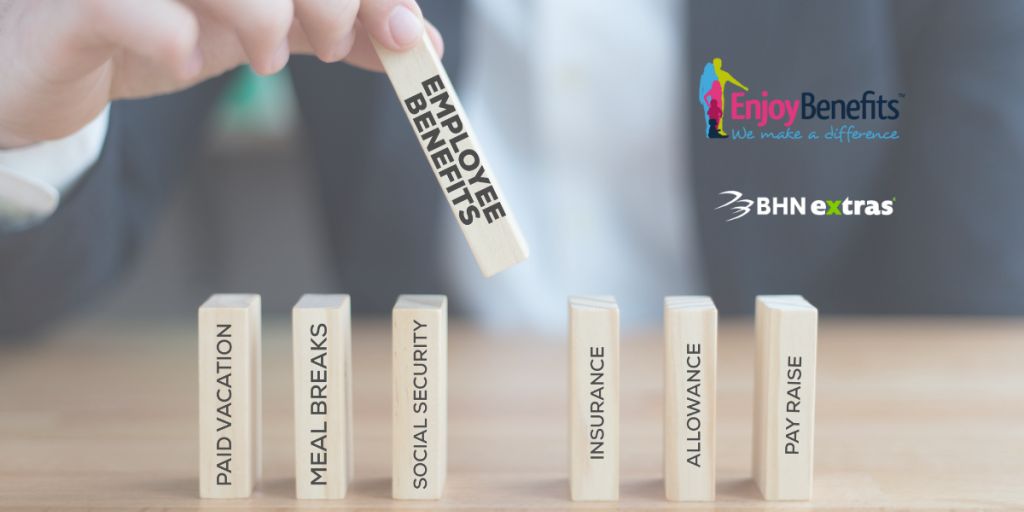Tax savvy tips for year-end
Taxes are one of those inevitable aspects of life that we just can't escape. However, with some thoughtful planning and smart financial decisions, you can ease the weight of your tax burdens and watch your wealth grow. Let's dive into our top five tax planning tips to help you hold onto your hard-earned money.
1. Maximise Your Personal Tax Contributions: By making the most of your personal tax contributions, you can fully exploit corporate tax deductions. Want to know how? Your business can contribute up to £60,000 on your behalf, and this chunk of change won't get slapped with individual-level taxes. The best part? You can forget about dealing with the hassle of a P11D form, which is typically used for reporting certain expenses and benefits from employers to employees.
2. Save for Retirement Tax-Efficiently: A key perk of contributing to your pension in Scotland is the tax relief it brings. Your golden years may be a while away yet, but being prepared in advance is only beneficial. This means that when you contribute to your pension, you'll get back the tax you would have coughed up on that income. Tax relief usually starts at a minimum of 20% for everyone under 75, and it can go all the way up to the highest marginal rate for intermediate (Scottish taxpayers only), higher and additional rate taxpayers.
3. Maximise Your Family’s Tax Benefits: Making the most of your family's tax allowances and bands is a clever way to shield your money from tax obligations. Did you know you can contribute to a pension or ISA on behalf of a family member or spouse? Let's say your partner doesn't earn enough to reach the £12,570 threshold, meaning they don't have to pay any income tax. You can still make contributions to their pension and enjoy those tax relief benefits.
4. Pass on More Wealth to Loved Ones: Seize the opportunity to utilise IHT annual reliefs, like the annual £3,000 gift allowance you can give for any reason. There's no specific limit on the amount you can give tax-free, as long as you can comfortably cover your regular living expenses with your usual monthly income. This approach can help reduce the overall value of your estate for Inheritance Tax (IHT) purposes, a practical way to manage your finances while potentially lowering your IHT liability.
5. Check Your Tax Code: Your payslip is like a treasure map – your tax code is hiding somewhere near your National Insurance number. You'll also spot it on a coding notice from HMRC, your P60 at the end of the tax year, or your P45 when you switch jobs. It's even part of your personal info if you have the HMRC app. If you're on the wrong tax code, you could be forking out more through PAYE (pay as you earn) than you should. HMRC usually catches these issues, but if you notice something fishy, don't hesitate to reach out. There are a few reasons why it might be off-kilter:
- You've started a new job without giving your new employer a P45, which shows your income until you left your previous employer.
- You have multiple income sources, like a second job or pension income, which can lead to different tax codes.
- Any changes to benefits from your job, such as a company car, accommodation, or loans, will alter your income and tax obligations.




